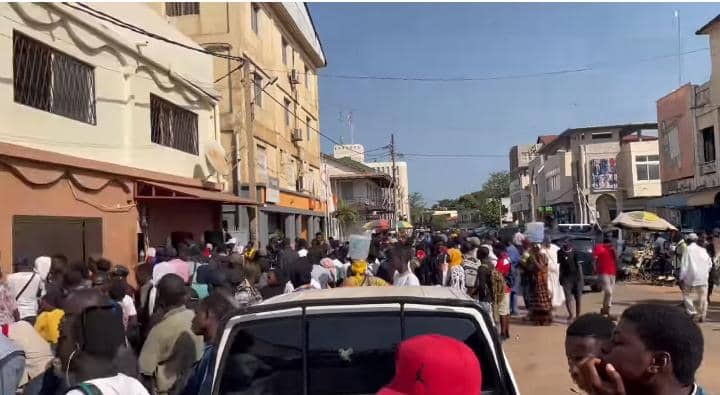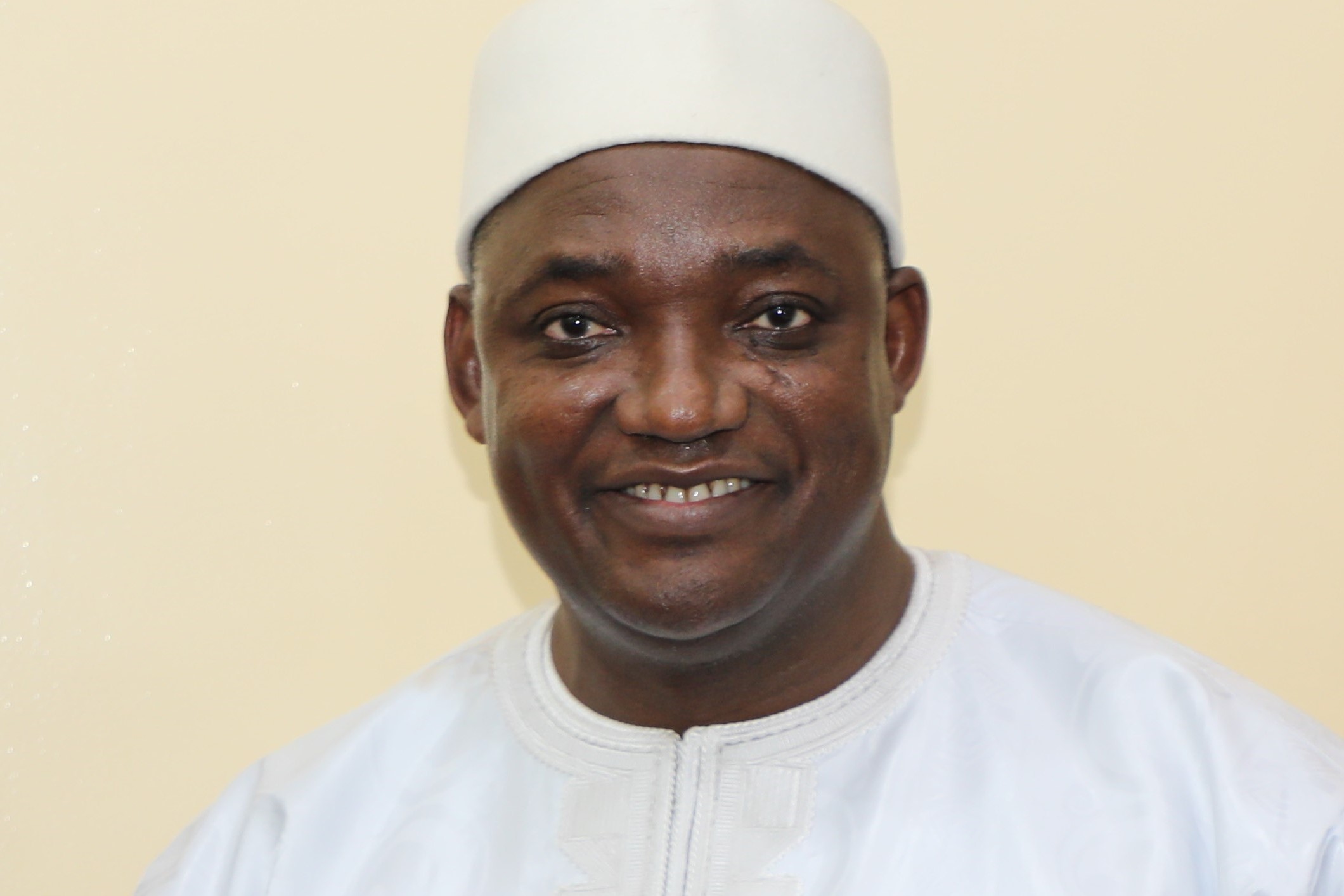By: Fatoumatta krubally
The immigration office in Banjul has become a bustling hub, with long queues forming as many Gambians seek to secure their future through travel. The recent surge in applicants is largely driven by the Gambia/Spain circular migration agreement, which has many eager to obtain passports and prepare for opportunities abroad. As the crowd swells, conversations abound, revealing the underlying motivations of those waiting.
Among the crowd, three gentlemen—Amadou Njie, Lamin Ceesay, and Ousman Ceesay—shared their aspirations of finding work overseas. Amadou expressed his frustration, stating, “There are no jobs here in The Gambia. I need to travel to provide for my family.” Lamin echoed this sentiment, adding, “Even if you have a job, the pay is not enough to make ends meet.” Ousman, who has been waiting for hours, lamented the lack of opportunities, saying, “If you want to succeed, you must look beyond our borders.”
The migration trend is not limited to men. Fatou Njie, a young woman in the queue, voiced her concerns about the shifting dynamics of marriage in The Gambia. “All the men are traveling, and it’s hard for women like me to find partners,” she said. Her friend Aissatou Jallow, who also dreams of traveling, added, “I want to go abroad to work and build a better life. Staying here feels like being stuck.”
The stories of these individuals highlight a broader issue facing Gambians today. Many are compelled to leave their homeland in search of better economic prospects, while others grapple with the social implications of this migration. The exodus of men seeking work abroad has left some women feeling vulnerable and uncertain about their futures.
As the queue at the immigration office continues to grow, it’s clear that the desire for a better life is a powerful motivator. The Gambia/Spain circular migration agreement represents hope for many, but it also raises questions about the long-term effects on families and communities left behind. The stories of Amadou, Lamin, Ousman, Fatou, and Aissatou reflect a pressing reality: the struggle for economic stability and the search for love in a changing world.
The long lines at the immigration office in Banjul are not just a logistical challenge; they symbolize the dreams and aspirations of a population yearning for change. As more Gambians seek to travel for work, the implications of this migration will continue to shape the social and economic landscape of The Gambia.





